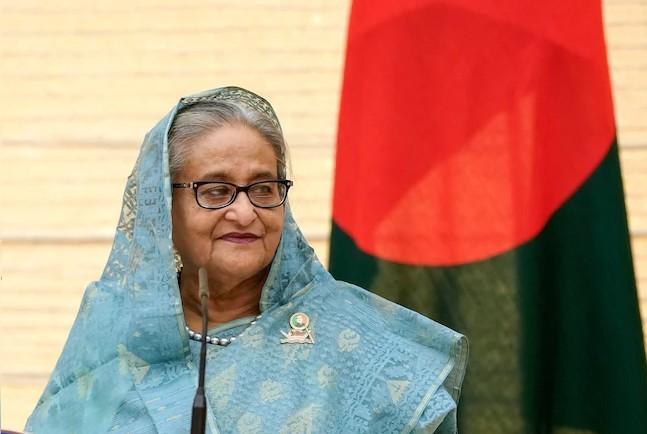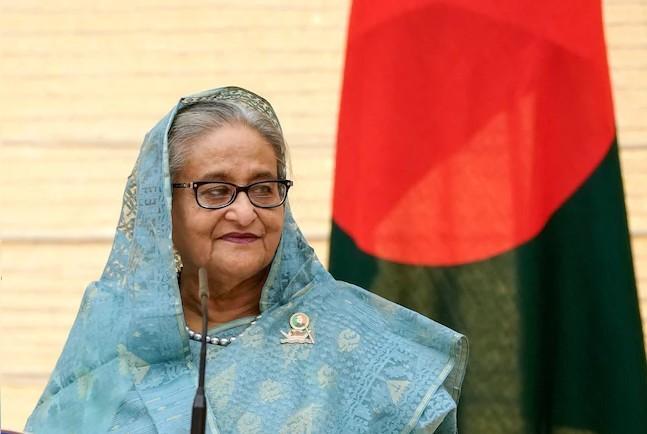
CBFC Cuts Words Like ‘Pradhan Mantri’ & ‘Chaiwala’ from Murderbaad
In a move that has raised eyebrows in the film industry, the Central Board of Film Certification (CBFC) has instructed the makers of the upcoming film, Murderbaad, to edit out words such as ‘pradhan mantri’ and ‘chaiwala’ from a dialogue. The film, directed by Arnab Chatterjee, has received an ‘A’ certificate from the CBFC, but not before the board made the unexpected demand.
According to reports, the dialogue in question was a humorous exchange between two characters, in which one of them used the terms to describe a fictional politician and tea vendor. The intention behind the dialogue, as explained by the director, was to poke fun at the perceived clichés associated with Indian politics and daily life. However, it seems that the CBFC did not find it amusing.
In an interview, director Arnab Chatterjee expressed his surprise and disappointment at the CBFC’s decision. He stated, “It was absolutely benign joke, rather aspirational for lower-middle class of our country, and far away from any political stance.” He added that the film is a thriller and the dialogue in question was meant to be a humorous aside, rather than a serious commentary on politics.
The CBFC’s decision to cut the dialogue has sparked a debate about censorship and the limits of artistic expression in India. While some may argue that the board is simply doing its job to ensure that films do not contain offensive or harmful content, others may see the move as an overreach.
It is worth noting that the CBFC has faced criticism in the past for its arbitrary and inconsistent application of censorship guidelines. In recent years, the board has been accused of cutting scenes and dialogues that are deemed to be too explicit, controversial, or critical of authority, without providing adequate justification for its actions.
In the case of Murderbaad, the CBFC’s decision to cut the dialogue about ‘pradhan mantri’ and ‘chaiwala’ may be seen as an attempt to sanitize the film and make it more palatable to a broader audience. However, it also raises questions about the board’s understanding of what constitutes art and its willingness to engage with the complexities of Indian society.
The film industry has long been a battleground for censorship and artistic freedom, with filmmakers often finding themselves at odds with the CBFC over the content of their films. The debate is particularly contentious in India, where the government has a long history of intervening in the arts to promote its own political and cultural agenda.
In recent years, there have been several high-profile cases of filmmakers challenging the CBFC’s decisions and pushing for greater creative freedom. For example, the makers of the film Padmaavat (2018) were forced to make significant changes to the film to accommodate the CBFC’s demands, including the removal of a romantic scene between the lead characters.
Similarly, the makers of the film Udta Punjab (2016) were forced to cut several scenes and dialogues from the film, including a reference to the drug addiction problem in Punjab, which was deemed to be too explicit by the CBFC.
In each of these cases, the CBFC’s decisions have been widely criticized as arbitrary and unjustified. The board has been accused of prioritizing its own political and ideological agenda over the artistic vision of filmmakers, and of using its powers to censor films that it considers to be too critical or subversive.
In the case of Murderbaad, the CBFC’s decision to cut the dialogue about ‘pradhan mantri’ and ‘chaiwala’ may be seen as another example of its over-reach and its tendency to interfere with the creative process. While the board may have its own reasons for making the cuts, it is clear that the decision has sparked a debate about censorship and artistic freedom in India.
Ultimately, the decision of the CBFC to cut the dialogue from Murderbaad raises important questions about the role of censorship in Indian society and the limits of artistic expression. As the film industry continues to push the boundaries of what is deemed acceptable, it is essential that the CBFC and other regulatory bodies are held accountable for their actions and that the public is given a say in the matter.





